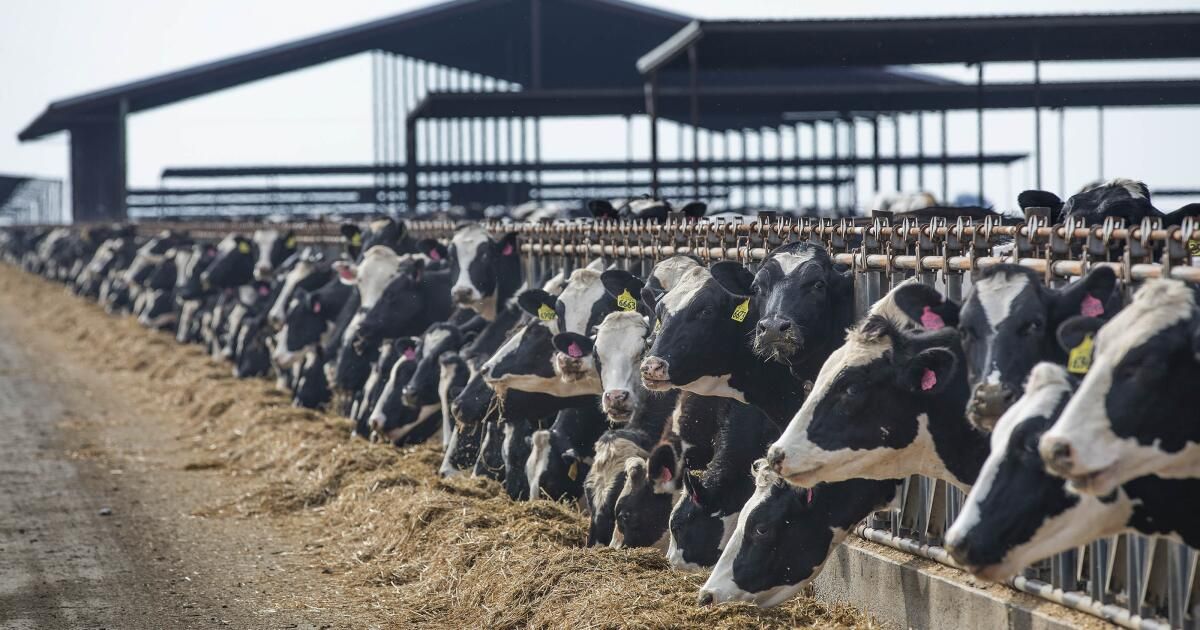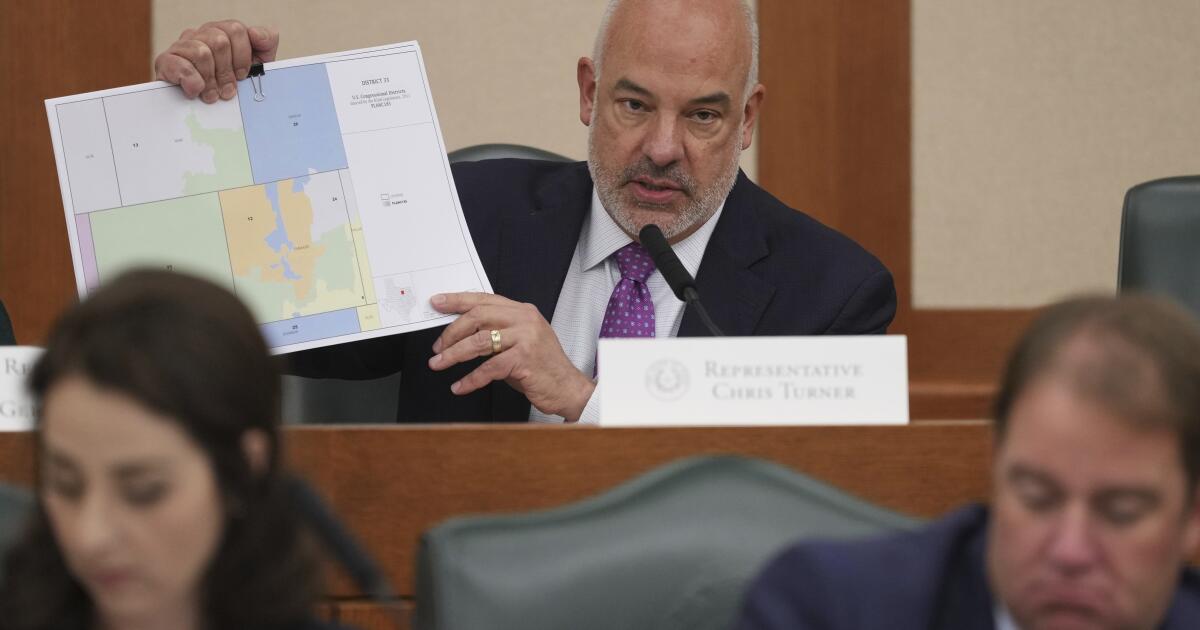As long-time members of the California Air Resources Board, we have prioritized environmental justice and community health, championing efforts to combat climate change. However, we believe that state policies must carefully address the consequences for communities least able to bear the associated costs.
This concern applies to amendments recently adopted by CARB to expedite the Low Carbon Fuel Standard, or LCFS, which we opposed. The fuel standards program, established in 2011, aims to reduce greenhouse gas emissions from transportation by limiting the carbon intensity of fuels. The current program calls for a 20% reduction in the carbon intensity of fuels by 2030. The proposed amendments take this to a 30% reduction by 2030 and 90% by 2045.
However, a faster rollout risks increasing gasoline prices, a significant burden on low-income communities already struggling with costs. This issue has attracted the attention of the media, legislators and the public. Beyond financial concerns, the LCFS has had another less publicized consequence: a dramatic transformation of California's dairy industry.
Over the past decade, many dairies have changed their priorities driven by LCFS incentives, with worrying consequences for public health.
Historically, California's dairy industry has focused on milk production, but today, many dairies produce renewable natural gas by capturing methane from manure. LCFS drives this trend through California's carbon credit system, which aims to reduce greenhouse gas emissions. Under this program, entities earn and sell credits to reduce emissions, and dairies benefit by converting methane into renewable natural gas. However, the system rewards larger-scale manure production, as more methane generates more credits and profits. This creates a perverse incentive, prioritizing highly polluting practices over sustainable, low-impact solutions.
Capturing methane, a greenhouse gas 80 times more potent than carbon dioxide in the short term, is vital to combating climate change. However, the methods of achieving reductions are important. The new amendments inadvertently incentivize the growth of mega-dairies now disproportionately concentrated in the Central Valley, where land is cheaper than other parts of the state, a region already facing environmental and health challenges.
As mega-dairies expand, their impacts on local communities worsen. According to comments from the Leadership Counsel for Justice and Accountability, a climate, health and equity organization working in the Central Valley, these facilities exacerbate air pollution, groundwater depletion and nitrate pollution, disproportionately affecting people. low-income Latino communities.
The promise of renewable natural gas as a “bridge fuel” is fundamentally flawed. Instead of transitioning to sustainable decarbonization, LCFS now encourages the expansion of large-scale dairies to maximize methane generation. Dairies are rewarded not for reducing methane emissions but for capturing what they generate, perpetuating highly polluting practices. More waste generated means more profits.
While methane capture contributes to California's greenhouse gas reduction goals, the collateral damage is undeniable. Mega dairies are among the largest emitters of ammonia, contributing to fine particle pollution that causes respiratory illnesses and premature death. The Central Valley, already suffering from some of the worst air quality in the country, cannot sustain additional damage. Additionally, nitrate runoff from manure continues to contaminate drinking water, disproportionately affecting disadvantaged communities that rely on domestic wells.
Accelerating LCFS mandates will only accelerate the expansion of mega-dairies.
CARB has already undermined efforts to regulate methane emissions from livestock. While we successfully pushed for regulations to begin in 2028, a last-minute change allowed mega dairies to continue benefiting from “avoided methane” credits based on erroneous assumptions, encouraging the consolidation of highly polluting herds and slurry systems. . Sustainable alternatives, such as dry management or pasture-based systems, which generate far fewer pollutants, remain unsupported. For these reasons, we were on the losing end of a 12-2 vote by the board on the LCFS amendment.
Methane is an immediate climate threat and not addressing it would be catastrophic. However, ignoring the long-term environmental and social costs of factory farm gas development prioritizes short-term climate gains over public health and equity. Our climate solutions must not come at the expense of environmental justice.
The LCFS program could be improved by limiting the size and number of dairy operations eligible for methane incentives. Without such limits, we risk entrenching an industry whose environmental harms outweigh its climate benefits.
Additionally, CARB must prioritize sustainable methane reduction alternatives, including practices that reduce pollution at the source rather than perpetuating harmful systems. Setting these limits would create a fairer and more effective framework for addressing emissions while protecting vulnerable communities.
The fight against climate change is not just about the dairy industries. It's about choosing a path that doesn't result in further harm to vulnerable communities. For the sake of our air, water, and public health, we must ensure our solutions work for everyone, not just those who benefit from pollution.
Dean Florez, a member of the California Air Resources Board, is a former senate smost Ileader. Diane Takvorian, a member of the California Air Resources Board, is co-founder and former executive director of the Environmental Health Coalition. in San Diego/Tijuana.












